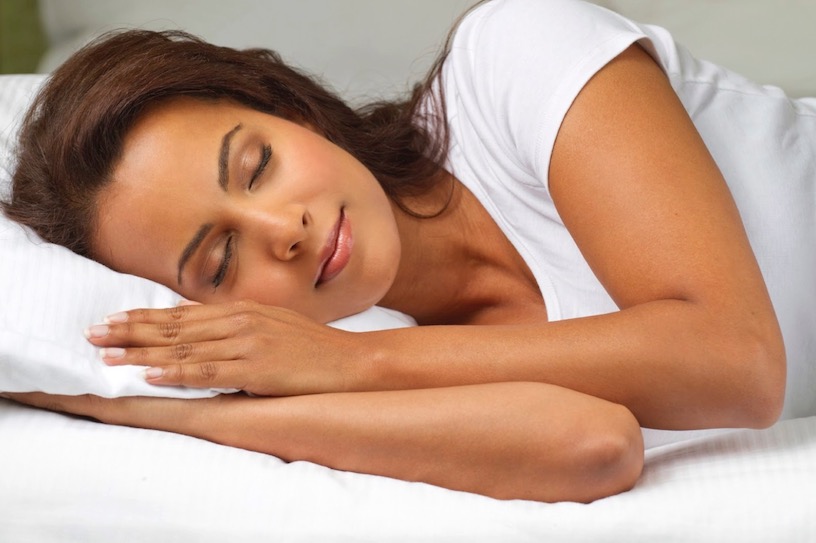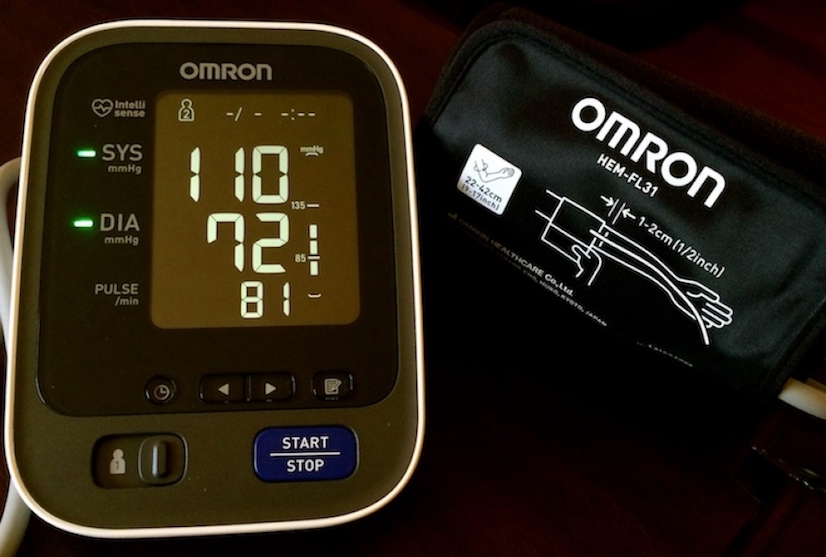If you’re frequently exposed to stress due to work or school, conflicts with family or friends, or even while sitting impatiently in a traffic jam you may be at risk of developing anxiety or anxiety-related symptoms.
Anxiety is a common condition experienced by many and it’s oftentimes created by prolonged stress. Unfortunately, with an abundance of normal everyday struggles, many people aren’t even aware that they may have anxiety. In fact, classic anxiety symptoms like fatigue, irritability, and muscle tension actually mirror those of stress.
In numerous cases, anxiety can lead to sleep disturbances (insomnia) and, ultimately, sleep deprivation.
Sleep deprivation is especially problematic because a lack of sleep is among the most common yet frequently overlooked factors that contribute to disease and other health problems. You might not be aware that what you eat and what you do on a day-to-day basis can greatly influence how well you sleep.
As such, implementing positive lifestyle modifications with stress management skills can lead to remarkable changes in your sleep patterns and overall anxiety levels.
Related Article: Stress: A Major Culprit Behind Weight Gain, Belly Fat, and Chronic Disease
If you’re one who regularly experiences insomnia or other anxiety-related sleep disturbances, here are six easy-to-implement strategies that help fight anxiety and promote better quality sleep.
Take a Break from TV and Social Media
Turning off your television and/or computer at least an hour before bedtime may help to alleviate many common sleep problems and disorders. However, if you’re experiencing insomnia due to anxiety, you might want to consider taking more of an extended break (three days to a week or longer) from such media.
Prolonged use of electronic media can suppress your body’s production of melatonin, a hormone that reduces general anxiety and induces sleep. Melatonin is also a potent antioxidant and free radical scavenger. This makes melatonin especially important since free radical accumulation in the body can affect both the length and quality of sleep.
Related Article: What Free Radicals Really Do To Your Body
Eat Green Prior to Bedtime
If you’re suffering from anxiety or general sleep disturbances there are two powerful green foods you should be eating as bedtime snacks: lettuce and kiwifruit. Both these foods contain all-natural chemicals that have been proven to calm restlessness and reduce anxiety, which greatly promotes better quality sleep.
When it comes to lettuce, darker greens (romaine, leaf, and watercress) are most beneficial, as they contain substantial amounts of lactucin. Lactucin has a calming, soothing, sedative-like effect on various functions of the brain. Similarly, kiwifruit houses large amounts of serotonin, an important chemical in the brain that helps you fall asleep faster and stay asleep longer.
Related Article: Cruciferous Vegetables: Nature’s Secret Weapons to Fighting Cancer
Boost Your Intake of Calcium and Magnesium
Calcium and magnesium are natural sleep boosting minerals that have also been shown to significantly lessen anxiety. While calcium specifically helps to regulate the effects of melatonin, magnesium supports a deeper, more restful sleep. The effects of these minerals are most pronounced when they are taken together.
As such, be sure to include calcium and magnesium-rich foods into your evening meals. Some of my personal favorites are yogurt, spinach, and, believe it or not, oatmeal. Supplementing with calcium and magnesium is another option if you’re unable to get substantial doses of either from your diet.
Related Article: The Importance of Getting Enough Dietary Calcium
Perform an Evening Bout of Weight Lifting
Weight training provides an outlet by which you can channel your stress and anxiety. It is also one of the best ways to enhance the overall quality of your sleep. Weight training specifically reduces production of the potent stress hormone cortisol while greatly enhancing the release of “feel good” hormones called endorphins.
The best part about weight training is that it can easily be performed in the comfort of your home since it requires minimal equipment. Start by simply performing about 20-30 minutes of weightlifting or calisthenics (pushups, squats, and dips) a few hours prior to your bedtime. I emphasize “a few hours”, as lifting weights too late can promote insomnia.
Related Article: A Quick, Easy, Anywhere Full-Body Kettlebell Workout
Load Up on High-Protein Foods
You can get a great night’s sleep by eating high-protein foods for dinner or as nighttime snacks. High-protein foods tend to have sedative effects on the brain helping to reduce anxiety and calm restlessness. Such foods contain incredibly large amounts of an important amino acid called tryptophan.
Tryptophan has been proven beneficial in alleviating sleep disorders and anxiety in general, as the body uses it to make the sleep-promoting hormone serotonin. To maximize the quality of your sleep, opt for low-calorie, protein-rich foods like skinless chicken or turkey, tuna, salmon, sardines or edamame (soybeans).
Related Article: Nutrition Basics: Your Daily Protein Intake
Incorporate Yoga and Meditation
Yoga and meditation are both effective methods for alleviating stress, reducing anxiety, and inducing restfulness. Opt for gentle yoga poses and stretching and follow that up with 5-15 minutes of deep meditation. Some of my personal favorites include the upside down relaxation, child’s pose, and, of course, the corpse pose.
To enhance relaxation, use natural essential oils during yoga and meditation. Essential oils like chamomile and lavender have been proven to substantially aid in sleep. You can surround yourself in these essential oils by way of candles and/or oil warmers.
The Bottom Line
For many people, anxiety and insomnia go hand and hand. However, for disease prevention and overall good health, it’s important to get at least six hours of high-quality sleep each night. Incorporating these six strategies will help reduce the likelihood of anxiety and associated symptoms while helping you sleep better.







